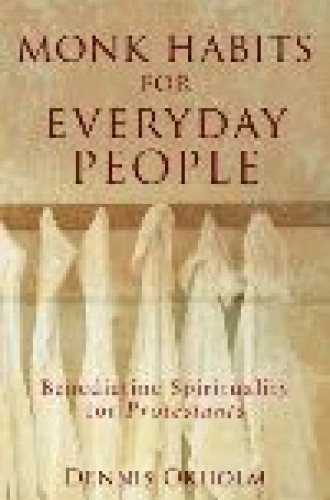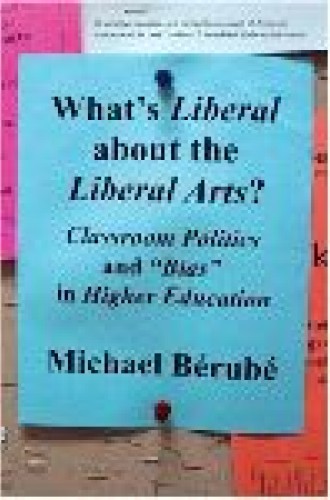BookMarks
Michael Bérubé, professor of literature at Penn State University, does not deny that there is a liberal bias in American higher education, as charged by conservative ideologues like David Horowitz. Higher education, he argues, is the last remaining institution that is committed to the kind of critical, rational and open-ended discourse that toes no party line and is essential to democratic life. Colleges and universities should be defenders of two forms of liberalism, one substantive, the other formal: it is committed to the ideal of egalitarian human rights and to ensuring that debate about this ideal can take place freely. Unfortunately, when it comes to religion, Bérubé, an agnostic, has only religious fundamentalists on his radar screen and does not appreciate the fact that many religious people have critical reasons to support both kinds of liberalism.
Okholm, who has taught at several evangelical colleges and is now at Azusa Pacific University, is a Benedictine oblate. Armed with a doctorate from Princeton Theological Seminary, he takes on the traditional Protestant contention that the so-called spiritual disciplines associated with Catholic spirituality amount to works righteousness. He attempts to clear up some misperceptions about monasticism, such as that monasticism is removed from the real world. And by his appeal to monasticism, Okholm aims to correct some deficiencies in at least some forms of Protestantism, such as an almost exclusive focus on justification that slights the process of sanctification. Kathleen Norris contributes the foreword.







